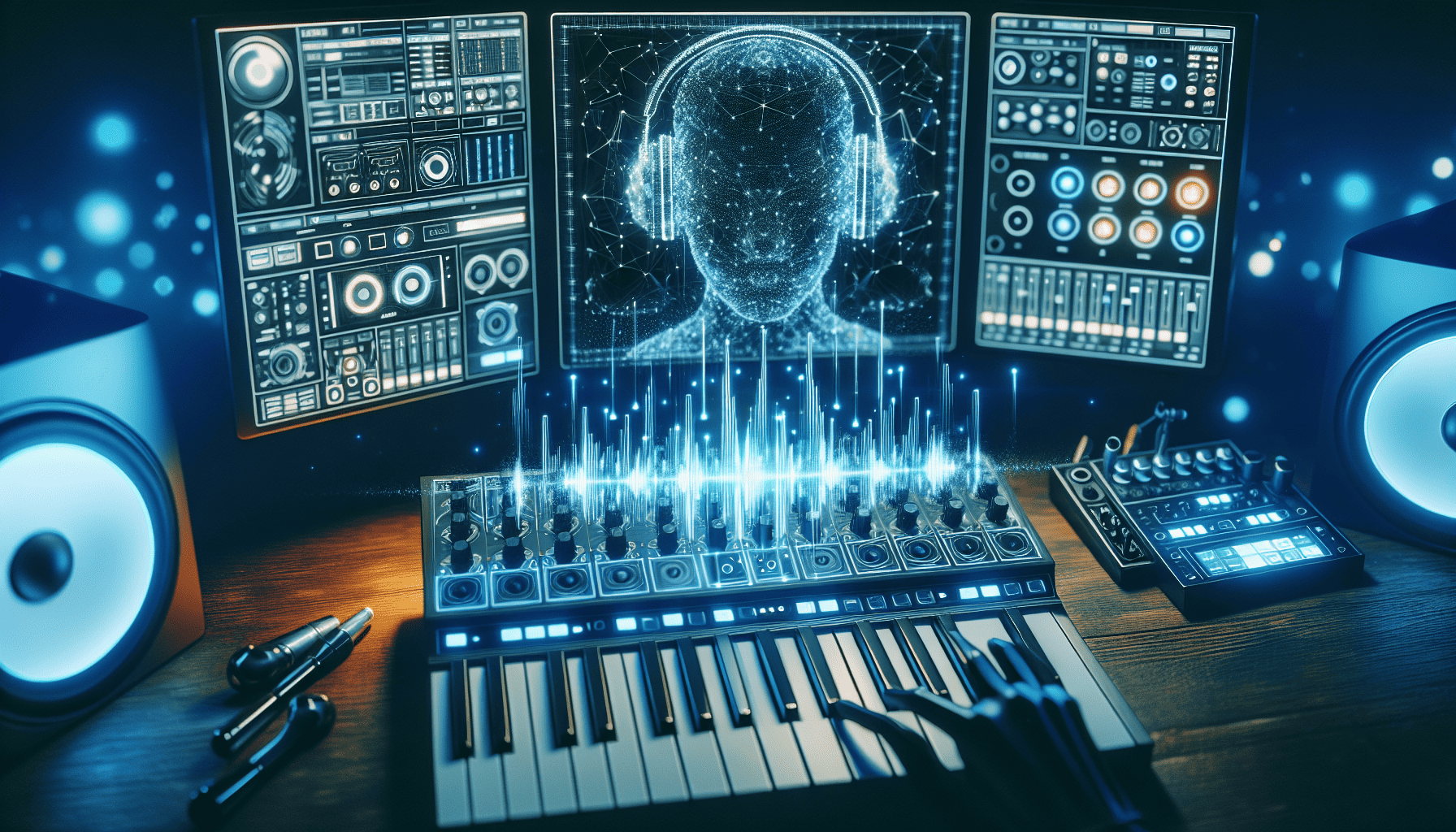The integration of artificial intelligence (AI) into music production is transforming the creative landscape and ushering in a new era of sonic exploration. AI technologies are offering unprecedented tools and capabilities to musicians, producers, and composers, enabling them to generate, refine, and distribute music in innovative ways. This shift is not only democratizing the music industry but also expanding the horizons of what is musically possible.
At the heart of this revolution are AI algorithms that can analyze vast amounts of data to identify patterns, suggest harmonies, and even compose entire pieces of music. Machine learning, a subset of AI, uses big data analytics to understand diverse musical styles and structures, which can then be synthesized into original compositions. For example, software like OpenAI's MuseNet and Google's Magenta project have been trained on a wide variety of musical data, allowing them to create complex pieces across multiple genres.
One of the most profound impacts of AI in music production is the accessibility to music creation without requiring extensive traditional skills. Hobbyists and novices can now use AI-powered tools to create music that meets professional standards. Applications like Amper Music and AIVA enable users to compose and customize tracks by choosing a style, mood, and instrumentation. These platforms allow individuals without formal training to express their creativity, opening up music production to a wider audience.
Moreover, AI is enhancing collaboration among artists. Through cloud-based platforms powered by AI, musicians from around the world can collaborate in real-time, overcoming geographical barriers and offering new opportunities for creative synergies. This global connectivity enables artists to share diverse cultural influences and musical traditions, leading to a richer and more inclusive music scene.
The role of AI also extends to mastering and mixing, where it significantly improves the efficiency and quality of these meticulous processes. AI-driven mastering services, such as LANDR and eMastered, offer automated solutions that rival traditional mastering techniques, providing high-quality output with reduced time and cost. These platforms analyze songs and apply audio processing tasks such as equalization, compression, and stereo enhancement with precision that is often indistinguishable from that of human engineers.
Distribution is another sphere where AI is making a difference. Streaming platforms utilize AI to recommend music, tailoring playlists to the user's listening habits and thereby increasing engagement and exposure for artists. This personalization not only enhances the listener's experience but also aids artists in reaching their target audiences more effectively.
AI's role in the music industry is not without its challenges and debates. Some critics argue that the rise of AI in music could diminish the human touch and emotional depth traditionally associated with music creation. Concerns about the originality of AI-generated music and the potential for copyright infringements also pose significant questions. As AI continues to learn from existing music, lines can become blurred regarding ownership and intellectual property.
Despite these concerns, the potential benefits of AI in music production are undeniable. By relieving musicians from repetitive and technical tasks, AI allows them to dedicate more time to the creative process. This technological partnership can lead to innovations that drive the evolution of music as an art form.
In conclusion, AI's infusion into music production is propelling the industry into uncharted territories. By enhancing creativity, democratizing access, and optimizing distribution, AI empowers artists and reshapes the way music is conceived, produced, and enjoyed. As technology continues to advance, it will be fascinating to witness the new sounds and collaborations that emerge from this harmonious union of man and machine.
